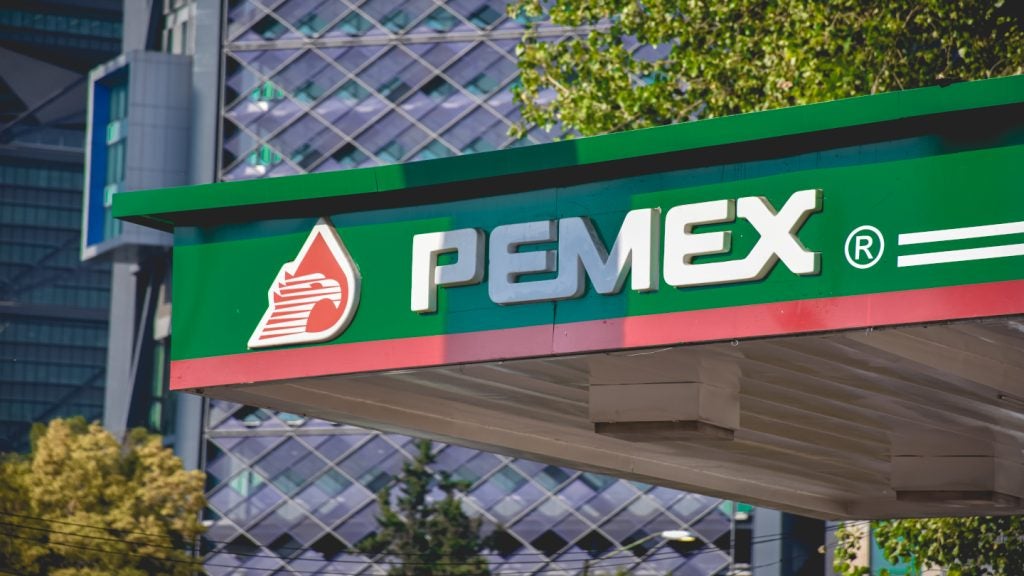
A new report from the Gas Exporting Countries Forum (GECF) predicts that global demand for natural gas will rise 34% by 2050.
The eighth edition of the GECF’s Global Gas Outlook 2050 report made optimistic global forecasts for the future of natural gas, projecting a rise in demand from 4.02 trillion cubic metres (tcm) in 2022 to 5.36tcm in 2050. Total global production is also forecasted to grow by 33% to reach 5.3tcm by 2050.
Much of this projected growth is attributed to the rise in demand for blue hydrogen – hydrogen resulting from a production process fuelled by natural gas coupled with carbon capture, utilisation and storage (CCUS) technology to limit emissions. Hydrogen is frequently touted as the solution for decarbonising hard-to-abate industrial sectors.
However, the report notes that the lion’s share of demand expansion comes from the power generation sector, which constitutes 37% of the total predicted demand increase. This is due to greater demand for electrification alongside global efforts to phase out coal-fired power plants. The report predicts that natural gas will become an important source of backup power as renewables usage grows.
In regard to trade, liquid natural gas (LNG) is predicted to overtake long-distance pipeline trade by 2026. LNG trade is expected to more than double by 2050 to eventually constitute 64% of traded gas. The LNG share of EU gas imports is set to skyrocket by 2030, rising from 24% in 2022 to 46% by 2030.
Production of natural gas is “set for major regional shifts”, with Africa, Eurasia and the Middle East predicted to gain market share to account for 10%, 22% and 22% of global natural gas production, respectively, by 2050. As a result, North America’s market share of natural gas production is set to decline to 26%.
How well do you really know your competitors?
Access the most comprehensive Company Profiles on the market, powered by GlobalData. Save hours of research. Gain competitive edge.

Thank you!
Your download email will arrive shortly
Not ready to buy yet? Download a free sample
We are confident about the unique quality of our Company Profiles. However, we want you to make the most beneficial decision for your business, so we offer a free sample that you can download by submitting the below form
By GlobalDataThe report was formally launched on 12 March at GECF headquarters in Doha, Qatar. In the foreword to the report, Mohamed Hamel, secretary-general of the GECF, said “For socio-economic development, environmental protection, and to ensure that no one is left behind, the world requires consuming more natural gas, not less.
“The year 2023 marked a significant turning point, serving as a stark reminder that energy transitions are precisely that – gradual changes, not instantaneous transformations. Natural gas, along with renewables and cleaner hydrocarbon technologies, provides a realistic pathway to limit global temperature increases to below 2 degrees Celsius, concurrently supporting poverty eradication and socio-economic development, which are the overriding priorities of developing country Parties under the UNFCCC.”







